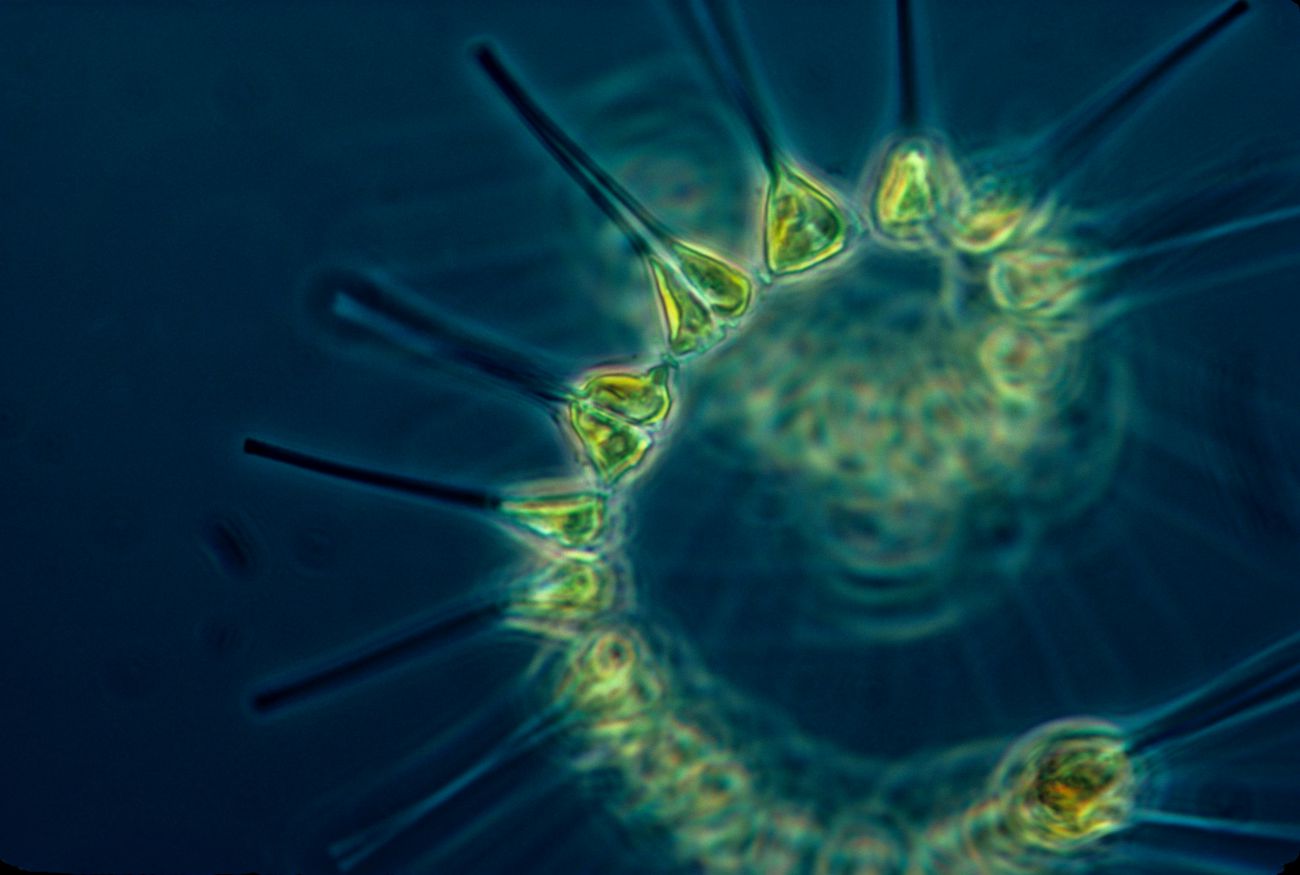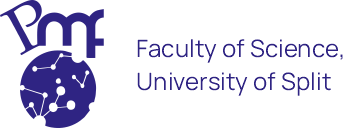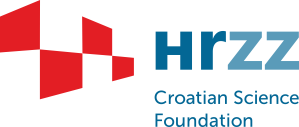Measuring primary production
The first project workshop took place in Split in from 14 to 18 October. The theme of the workshop was the creation of a database of quality-checked in situ primary production time series along with programming tools for handling such data sets.
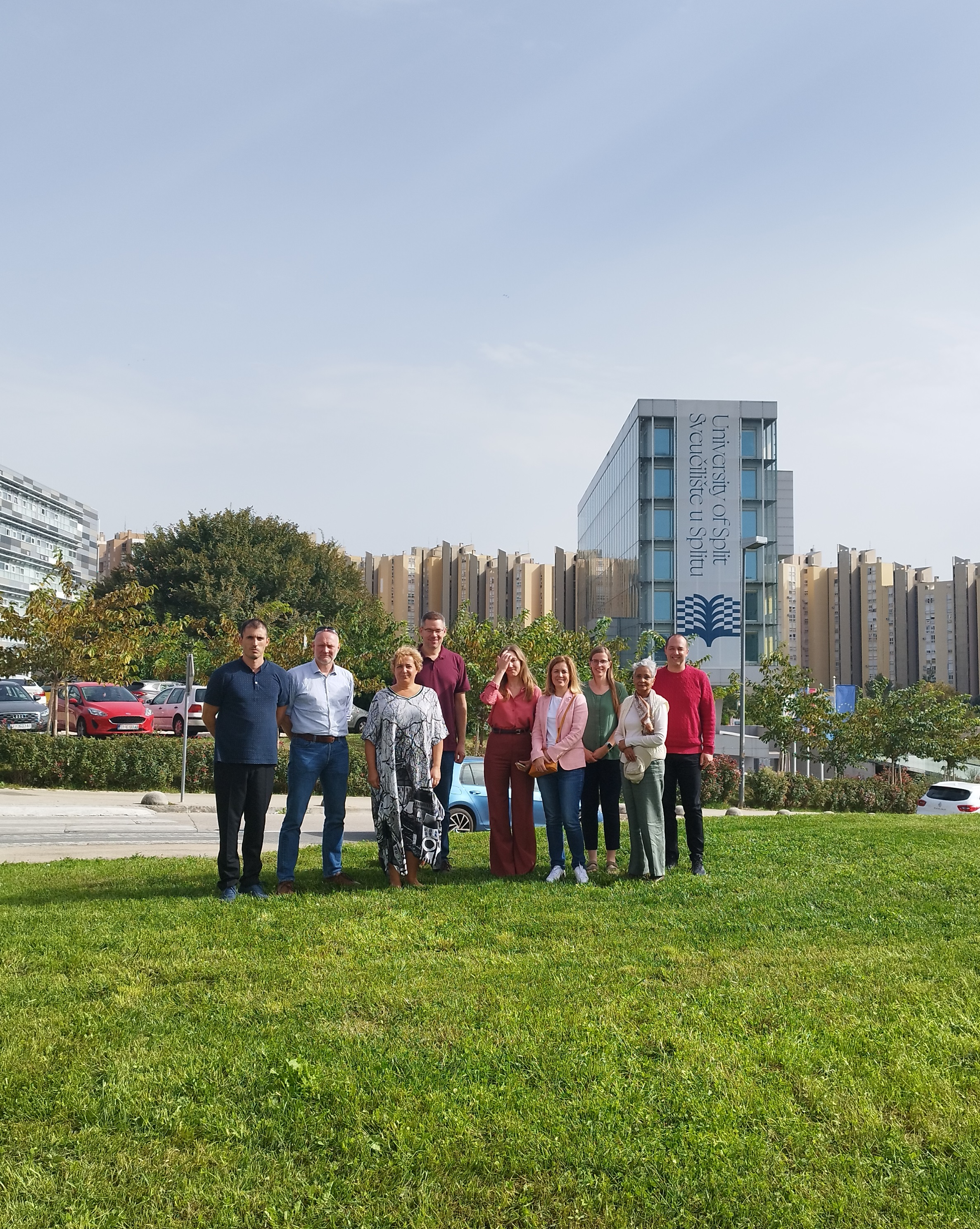
On the first day of the workshop students from the Department of Physics at the Faculty of Science in Split got a chance to engage with project team members. The project Principal Investigator gave a lecture on the PHOTOCLIM project and a historical overview of the research that led to the project being proposed. Afterwards the students attended two hands-on sessions: the first on how to build a bio-optical model of primary production in the ocean and the second on how to test the model on real data collected at sea. At the end of the day students engaged in discussion and gave feedback.
The topic of the second day was Primary production measurements. The morning session was open to the public and consisted of 4 lectures. First was given by Gemma Kulk from the Plymouth Marine Laboratory in the UK. Gemma spoke about various methods for measuring primary production, ranging from small scale to the large scales. The second lecture was given by Živana Ninčević Gladan from the Institute of Oceanography and Fisheries in Split and she spoke about running long term oceanographic times series. The third lecture was given by Zrinka Ljubešić from the Faculty of Science in Zagreb and she spoke about the issues faced when measuring primary production at diurnal time scales. The final lecture was given by Bror Jonsson from University of New Hampshire in the US. Bror spoke about how to assess phytoplankton net growth on hourly to annual time scales.
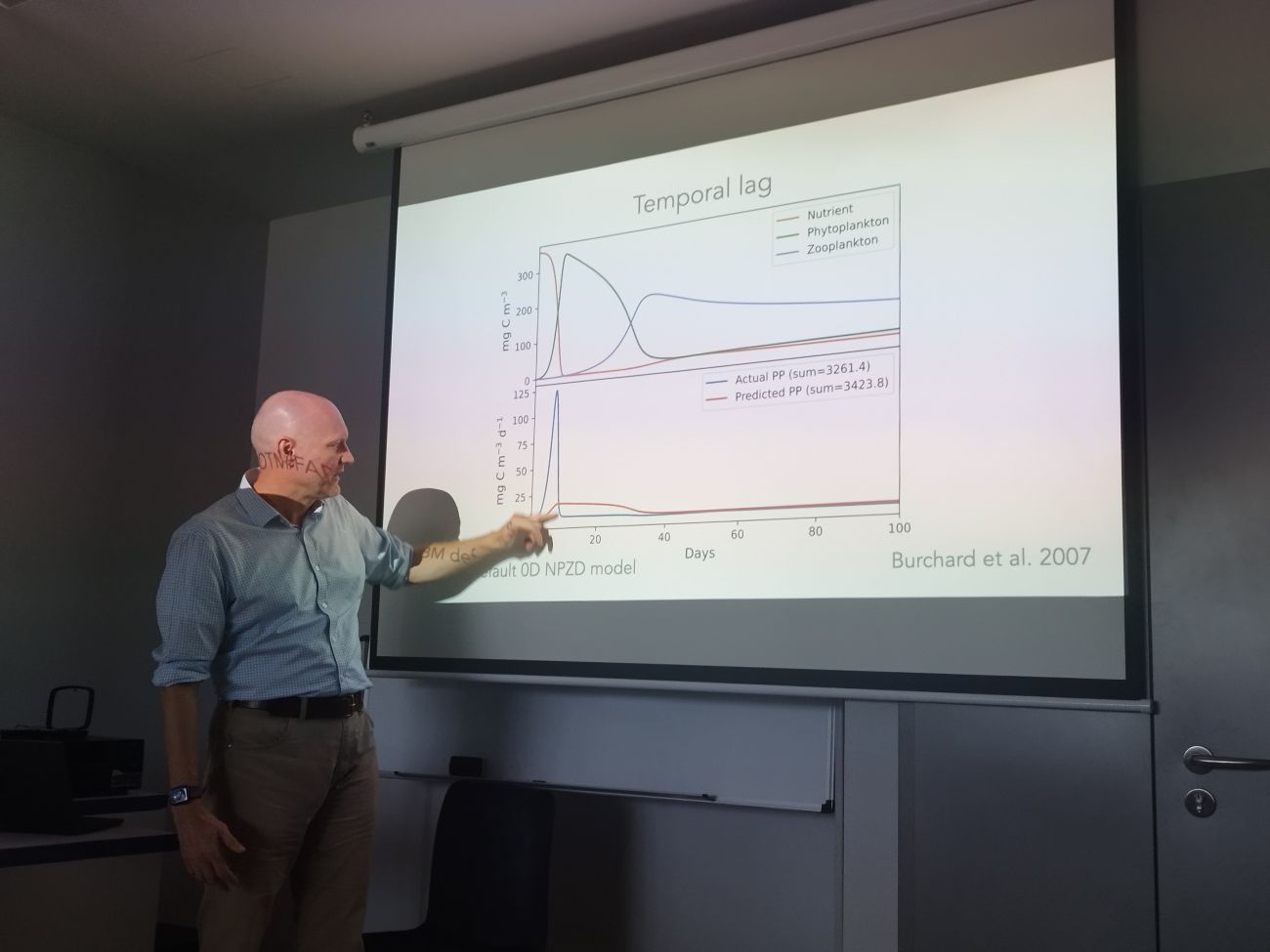
The afternoon session consisted of three sub-sessions. The first session was on photosynthesis irradiance experiments and parameter estimation. The project team members were shown in a hands-on session how to estimate photosynthesis parameters from in-vitro measurements of primary production. The second was the starting session of a weeklong hackathon in which several project team members worked on analysing the global data set of in situ primary production measurements. On this initial day the layout for the weeklong hackathon was planned. The third session was attempting to answer the daily questions laid out in the Schedule.
Third day opened with a lecture on Data mining in Oceanography given by Frano Matić from the Department of Marine Studies in Split. Frano spoke about the issues of data collection, data sparsity, gap filling, trend detection and finally the application of novel neural networks in oceanography. The second lecture was on using Random Forest Regression models to handle primary production data and was given by Bror Jonsson from University of New Hampshire in the US. Bror spoke at length about the advantages and disadvantages of neural network methods. Both lectures were open to public with a number of students attending. The remainder of the day consisted of parallel hands-on sessions on in situ time series of primary production, continuation of the hackathon and open collaboration. Discussion was held on where to garner more time series on primary production, what indicators of climate change are best to look for in such time series and how to best gap fill them.
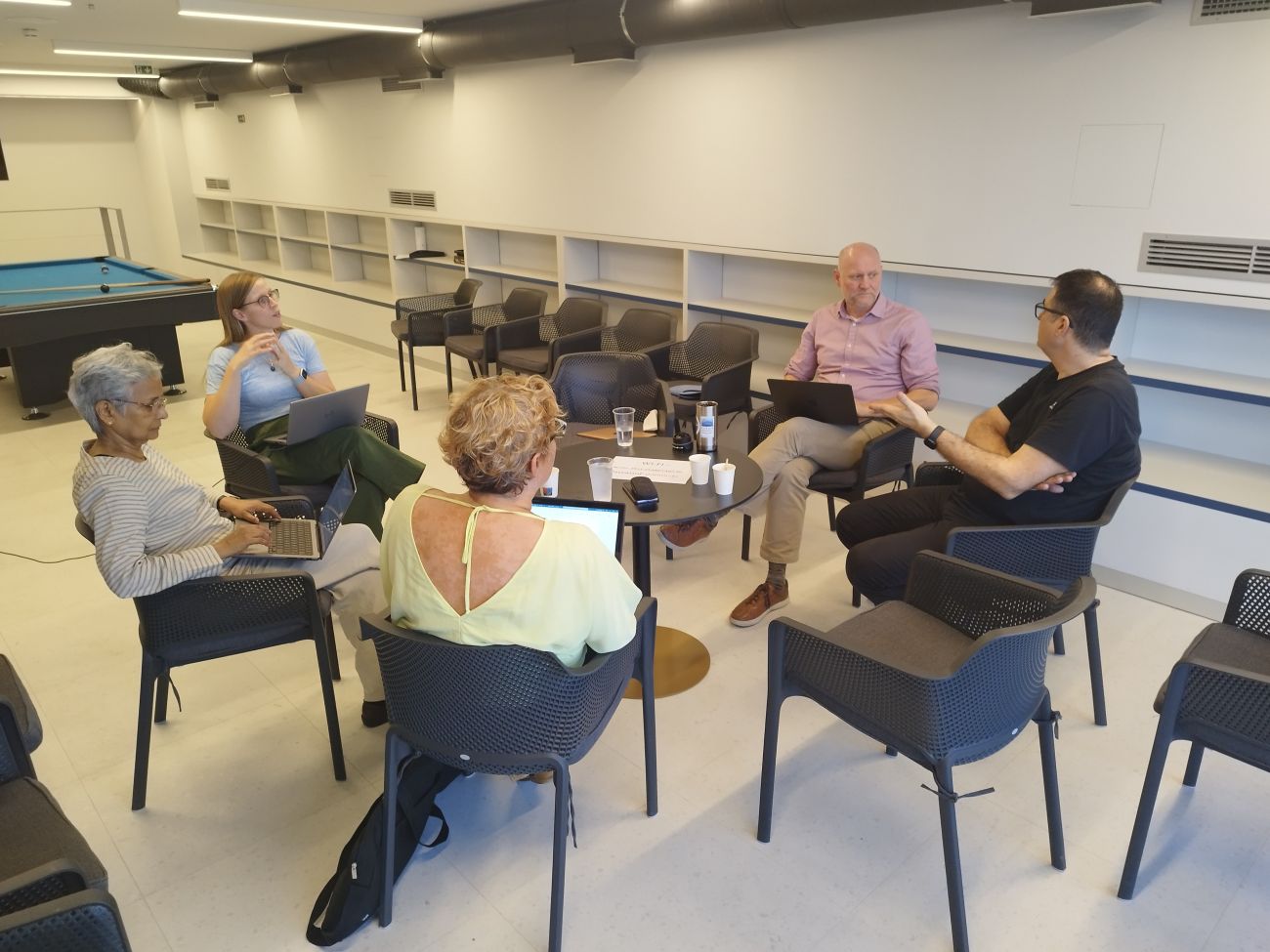
Forth day of the workshop had two lectures. The first was given by Danijel Belušić from the Faculty of Science in Zagreb. Danijel gave an overview of climate modelling and spoke at length about the history of climate modelling with a focus on modern earth system models. The subsequent lecture was presented by Shubha Sathyendranath from the Plymouth Marine Laboratory in the UK. Shubha delved deep into the issue of tipping points in marine ecosystems and how they relate to climate change. Afterwards the workshop attendees continued with parallel hands-on sessions.
The final day consisted of parallel hands-on sessions wrapping up the hackathon on the global in-situ data set of primary production and another session with collaborative work on manuscripts. We have uploaded some results from our workshop and on the links below you can find the following:
1. Detailed schedule of the workshop
2. Photos of workshop participants
3. Example codes of digitization of archived data
4. Example code on the analysis of a global data set of marine primary production
5. Example code of primary production time series analysis
All these codes are a work in progress and will be updated. Once finished they will be uploaded online via GitHub to be freely available to the oceanographic community.

